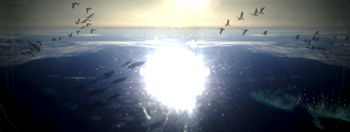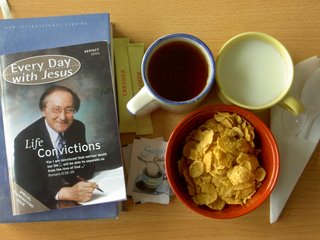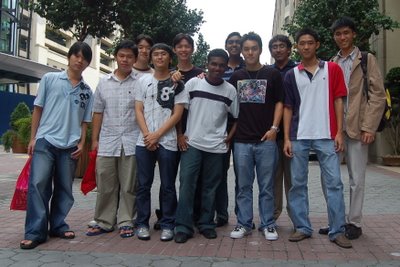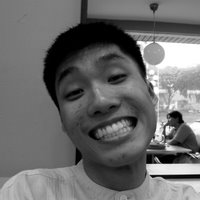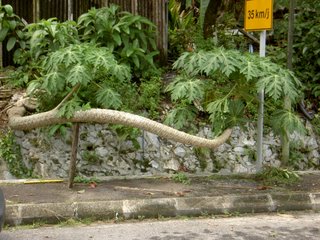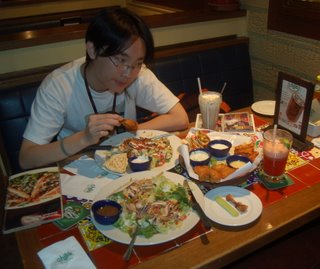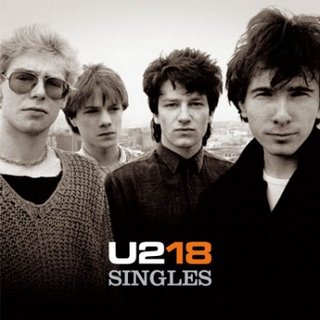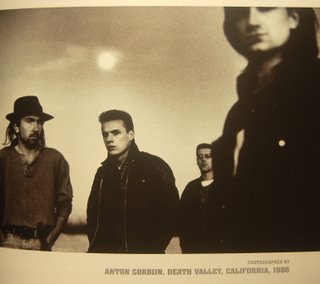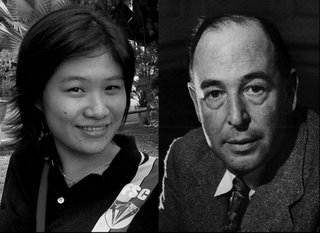
On 22 October 2006, the illustrious career of the great Michael Schumacher came to an end at the season-ending Brazilian Grand Prix. He finished fourth, but it was one of the finest performances ever by a Formula One driver.
Here's how Wikipedia puts it:
During the qualifying session, he managed to get the best time of all drivers in the first two sessions, but a fuel pressure problem prevented him from completing a single lap during the third part, forcing him to start tenth.
Schumacher managed to push forward early to the 6th position. However, after overtaking Giancarlo Fisichella, teammate of Fernando Alonso, on lap 9, Schumacher experienced a puncture caused by the front wing of Fisichella's car. Schumacher pitted and consequently fell to the 19th position and 70 seconds off teammate and race leader Felipe Massa.
He managed to regain positions and challenge Fisichella and [Kimi] Räikkönen subsequently overtaking them to secure 4th place and setting fastest lap after fastest lap on the way. His performance at the last race of his career was classified in the press as an "heroic display", a (sic) "utterly breath-taking drive" and a "performance that (...) sums up his career".
Li-Shia sent me an SMS on the night of 16 October, in which she quoted from a journal (distributed by the school, to be used next year) belonging to her sister:
"We don't quit on life. It takes great courage to live. When everything's stripped away, against the worst odds imaginable, when we outrun and outsmart our difficulties, in that moment, we become a living legend."I think that also sums up Michael's career. In that last race, there was nothing to lose if he failed to finish: Ferrari had already lost the Constructors' Championship and he had already lost the Drivers' Championship. But with 'nothing to gain, and nothing left to lose' (to quote U2), he put up a show that would go into the annals of Formula One history.
And personally, I think it was a wonderful farewell; not a lonely race in which he would lead from start to finish, but one in which he could pass every driver from last place. Lap after lap he would overtake cars, as if giving the drivers his final goodbye wave.
And the final overtaking maneouvre on Kimi was a superb nod to both drivers; the outgoing Ferrari ace and his replacement. The commentator was so excited: "Do not collide, DO NOT COLLIDE!" They did not collide.
If anything, his final race shouted out: "Anyone can lead a race, and I have led many. But this sort of against-all-odds drive belongs to the World Champion, and I am still the fastest person in Formula One."
A fighter till the end, I think he echoes the words of St Paul;
"I have fought the good fight, I have finished the race, I have kept the faith."
--2 Timothy 4:7 (NIV)
And he finished his last race.
Along the way, Michael Schumacher became famous for many controversial moves. But I think it is good to make mistakes sometimes, so that we don't end up idolising a star as if he or she were a god. At the same time, I cannot help but wonder why others would want to focus so much on mistakes made by celebrities; the only difference between their stories and ours, is that theirs is made public.
We all make mistakes, and it is stupid to judge another person before we judge ourselves.
Michael's career also parallels my school years in several ways. In 1994, he won his first Drivers' Championship. So did I when I finished top of the form in Standard One.
In 2000, he won his first Drivers' Championship with a new team, Ferrari. I topped the form in the VI, my new school, in Form One.
It's may also be interesting to note that Yap Alan, who was my greatest rival in the VI, was a keen supporter of Mika Hakkinen, then Michael's greatest rival in Formula One.
Michael finished third behind Fernando Alonso and Kimi Räikkönen in 2005; I finished third behind Chu Chun Hong and Low Tsu Wern. It was Alonso's first title, and also Chu's.
Finally, he was runner-up to Alonso, the defending champion, in his final season. This year, I was runner-up to the defending champion, Chu.
Another thing that was significant about the season-ending Brazilian Grand Prix was the time in which Felipe Massa won it:
1 hour 31 minutes 53.751 seconds.
*wink** * * * *
On 10 October, I promised Li-Shia I'd stop moping if I made it to the Top 3 in the MPH Search for Young Malaysian Writers. I'd already been shortlisted, but there was incredible competition, including Andrew Loh, this year's winner of the IMPAC Dublin Literary Award for Young Malaysians, and a certain Lee Jia Hui of ISKL who had
two pieces shortlisted. He would finish second overall.
I rushed to One Utama from school on the Awards Presentation day; thankfully it was Bio paper 1 that morning, a short paper. The excitement suddenly shifted to an entirely new level for me when Professor Lim Soon Heng, the head judge, mentioned my piece as one of his favourites. He did not actually name it, but gave a brief summary of the plot and idea.
The moment he said, "It's about a photographer who meets a girl on a train platform..." I immediately SMS-ed a big wink to Miss Shanti, who was sitting with Mum and Dad. I don't remember exactly what else Professor Lim said, but I do know that he's the only third party so far who has correctly apprehended the theme and philosophy of my story, although I don't know about Adibah Amin, who also enjoyed reading the piece.
I must say that I was heavily influenced by
T.S. Eliot and
Ernest Hemingway in crafting the philosophy and dialogue, respectively. What strikes me is that both were Nobel Prize winners, and wrote in styles that were worlds apart from their contemporaries. Eliot's poetry has more thought than imagery, and Hemingway's dialogue is more jarring than graceful. But in both I have found something real, and a voice for my thoughts.
My story,
Evanescent Shadows, was my first narrative story (I can't really call it fiction, as the events are far from fictional) since
The Bonang (which, in contrast, was purely fictional), which was shortlisted for the IMPAC Dublin Literary Award for Young Malaysians in 2003.
The Star published a write-up
here.

Prizes, which include RM2,000 cash, RM2,500 in vouchers, books worth RM700, a set of Pilot stationery worth RM400 (though I'm a bit doubtful about this), a one-day Story Writing Workshop conducted by 95% The Writers' Academy, a year's subscription to Reader's Digest and a year's membership with the British Council Library.
That little frame-like thing in the middle is Mum's gift to me. It says,
"What you are is God's gift to you; what you become is your gift to God."
Of all the book prizes, I think this is the most special. It's a special deluxe box edition of J.R.R. Tolkien's
The Hobbit, which contains a map of
The Hobbit, postcards depicting scenes from the story and, best of all, a CD recording in which Tolkien himself reads an excerpt from the book.
C.S. Lewis, in his essay 'On Three Ways of Writing for Children' wrote; "I have been told that Arthur Mee never met a child and never wished to: it was, from his point of view, a bit of luck that boys liked reading what he liked writing."
This illustrates rather well how I feel about my competition story. I'm glad some people (read: judges) liked reading what I enjoyed writing, because, over and above all,
Evanescent Shadows is a labour of love. In it I sum up the last two years, and express my emotional state in July 2006 (when I wrote it), albeit beneath layers of metaphor.
A victory for me, Mum and Dad, Miss Shanti... and a Very Special Person who inspired the story.
* * * * *
That was the fourth victory of the year. Here's a recap of the others, in order of event:
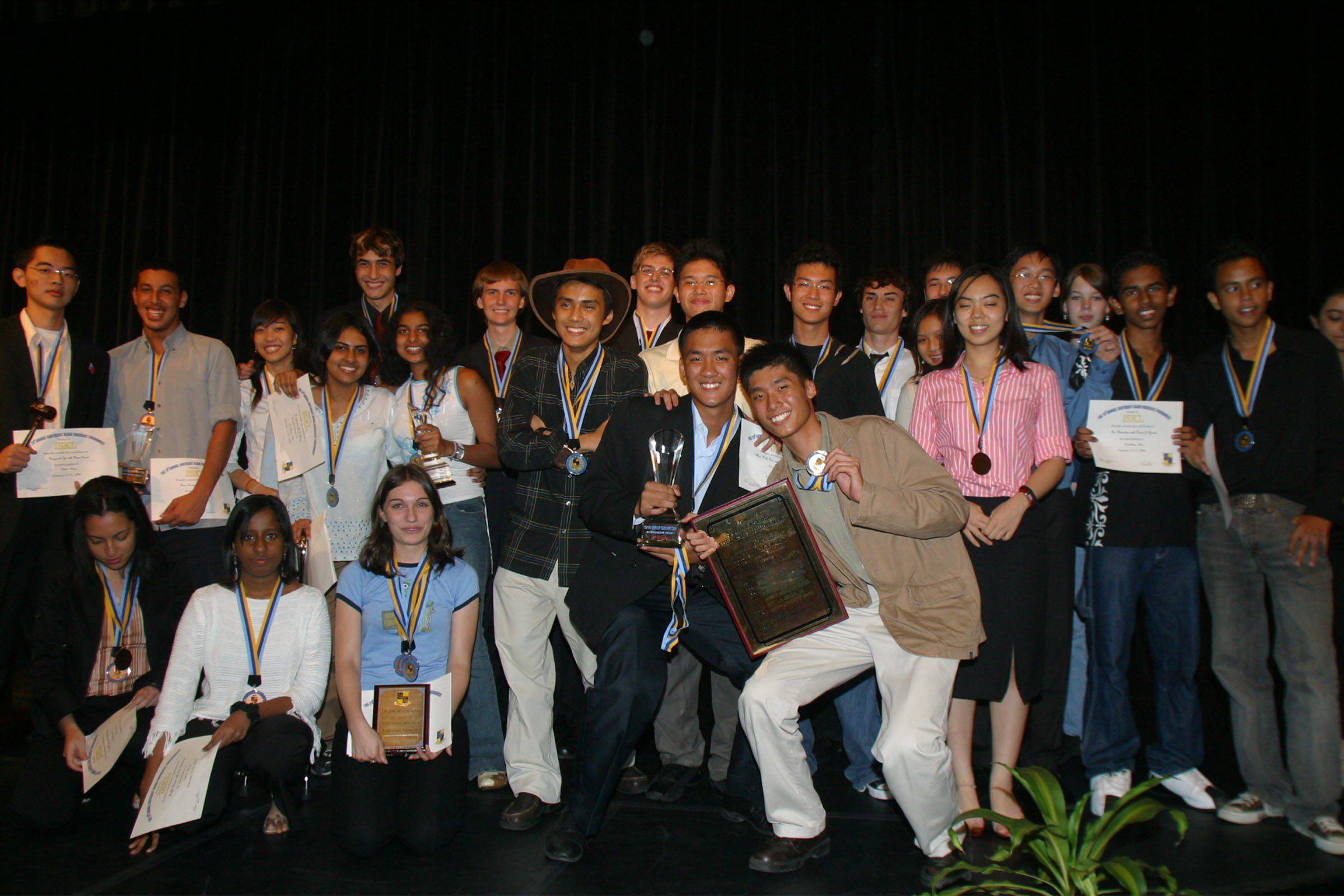
ISKL South-East Asian Forensics Tournament:
Gold Medal for Extemporaneous Speaking, Team Sweepstakes Award (best overall school) and the Rafidah Aziz Challenge Shield (best government school).

New Straits Times--International House--Limkokwing
Creativity and Innovation Essay-Writing Competition:
Gold Medal: one of ten Grand Prize winners of a RM35,000 Limkokwing University College of Creative Technology scholarship each.
The Awards Ceremony only took place on 8 December, although the results were announced at the end of June, on the day of the Choir Prelims. Li-Shia was in the train (wearing the number '22' badge
:-P) when Eu Jin's congratulatory SMS came. After the awards, we watched
Happy Feet in Mid Valley; it's a movie I'll never forget.
=:) 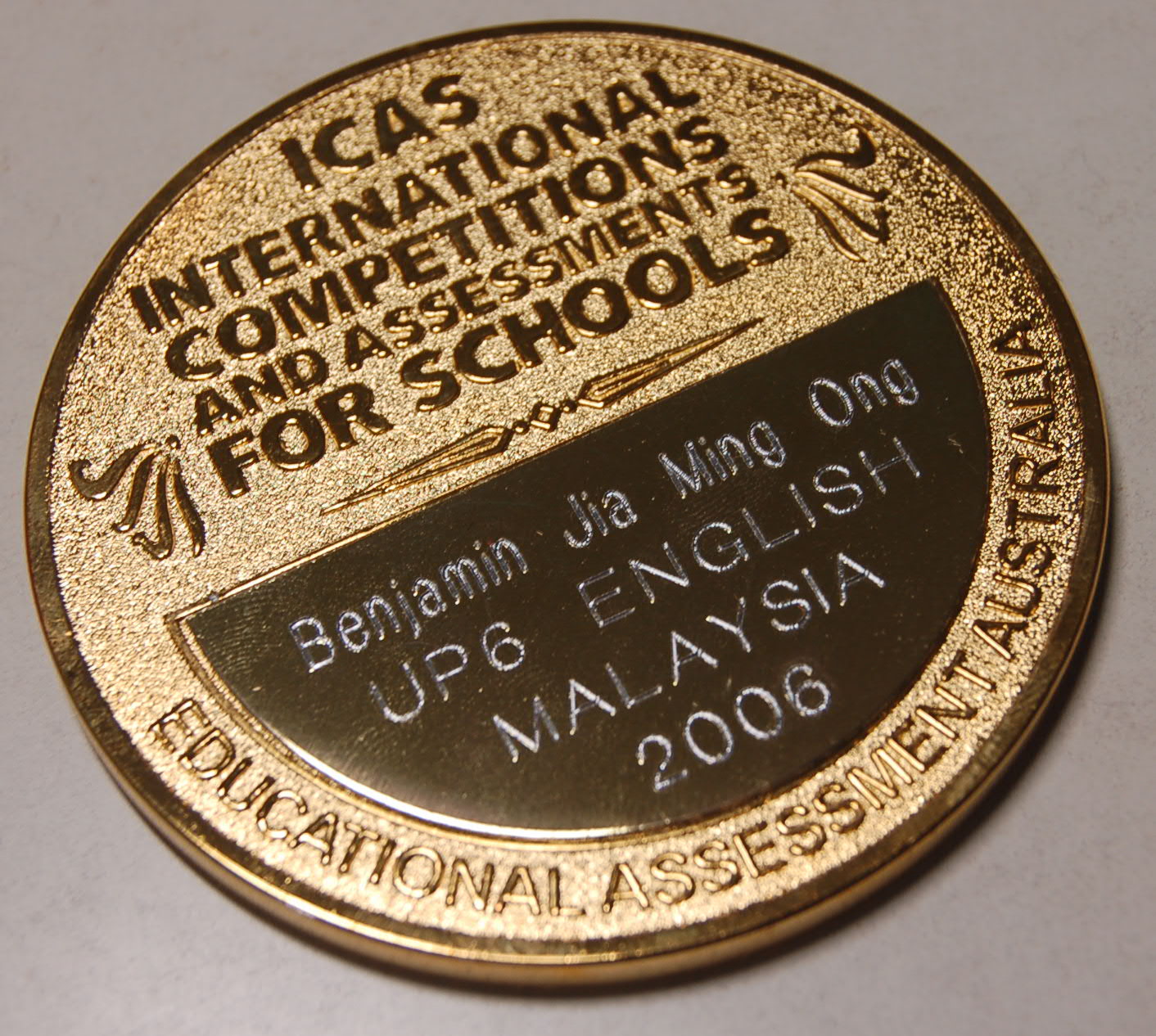
University of New South Wales International Assessment for Schools:
Gold Medal for Upper Six English; joint winner with Joshua Tong, whom I met again at the d'NA Graduation on 17 December.
* * * * *
It's been a full and fulfilling year, all in all, and I close with a thought on teachers.
Primary School teachers must not only teach; upon them lies the burden of inspiring confidence in the child. Three in particular did this for me:
Miss Teo, class and English teacher in Std 2, 1995
Pn Rozlinda, Maths teacher in Std 4, 1997
Pn Zainab, BM tutor (never taught me in school) in Std 6, 1999
Miss Teo always had a high opinion of my handwriting, and openly praised it even in Standard Six, although in my opinion, many girls had better handwriting. Many of the girls I knew (and know) tend to have this fancy, neat way of writing. But, then again, T.S. Eliot's handwriting is nowhere close to neat (the original facsimile edition of his 'The Waste Land' poem looks like
cakar ayam).
Pn Rozlinda gave us tons of Maths homework. The girls would always look enthusiastic and ask for more, much to the dismay of us boys. But, if I remember correctly, they too would invariably end up complaining about the great load of homework. However it wasn't the Maths that made a great difference for me, but her caring spirit. I have known no kinder teacher in all my schooldays. One morning when I arrived late for school, she remarked to Mum that I looked somewhat pale; I never thought I looked pale, but what would I have known about that, right?
Also, she would always insist that the fan be turned on in class only after recess, at about 10-something in the morning. I don't know if this affected my body's tolerance of high temperatures, but my family (and Li-Shia) will readily testify that I'm almost reptilian (i.e. cold-blooded) when it comes to preferring warmer temperatures.
Finally, there is
Pn Zainab. She taught a BM class in my house, back in Standard Six; me, Wei Jian, Wen Jean and later, Esther and Leanne. There was also a Standard Five girl, but I cannot recall her name, except that her surname is Chan. If not for Pn Zainab (and later in Form 3, Pn Airine), I wouldn't have the confidence I have in the Malay Language today.
And I still recall the day she cooked beef rendang for all of us.
There is, actually, one more
teacher. A fourth who made all the difference in the last six years. But there will be room for her some other day, for our story is far from over.
One thing all these teachers have in common: they saw some potential, a faint glimmer of hope, perhaps, and dared to encourage. Dared to encourage beyond what was feasible in the hope that someday the
mustard seed would grow into a
sturdy mustard tree.
It is still
growing.
Soli Deo Gloria.





